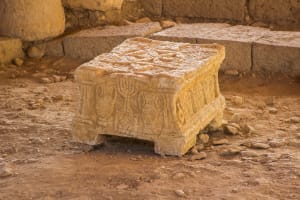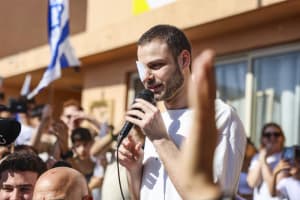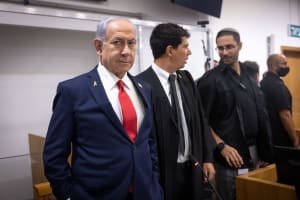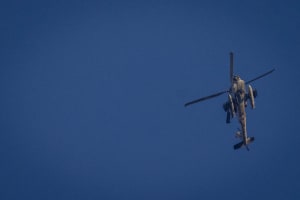Affirming Israel’s ancient roots: Wisdom of indigenous people enlightens listeners at IEJ Academic symposium in Jerusalem

Native Americans with drums and dancing in full regalia are becoming more of a familiar sight beside the Jaffa Gate following the establishment of the Indigenous Embassy in Jerusalem (IEJ) last February. Now back in town for the annual Academic Symposium, the IEJ brings first nations people to Jerusalem from all over the world, affirming that the twelve tribes of Jacob are indeed indigenous.
This year’s symposium was held at the Bible Lands Museum, the venue itself being a fitting testimony to the long history of Israel in the land. Hosted by Dr Sheree Trotter, an accomplished scholar and New Zealand Māori, the symposium was a symphony of powerful voices speaking out on a number of subjects surrounding what it means to be indigenous.
Founded by former New Zealand Cabinet Minister Hon. Alfred Ngaro and Dr. Sheree Trotter, both of Māori descent, the IEJ aims to make connections with Israel at the highest level, bringing First Nations scholars, politicians and spokespeople to build diplomatic networks of influence and advance scholarship countering false narratives.
The symposium’s lineup included respected Israeli scholars such as Emeritus Professor Wayne Horowitz of the Hebrew University of Jerusalem and Associate Professor Shawn Zelig Aster of Bar-Ilan University, along with notable international voices such as Nova Peris, an Aboriginal Olympic gold medalist and former federal senator for Australia’s Northern Territory, among others.
The welcome from Prof. Horowitz was given in Hebrew, Akkadian and English, before he introduced himself as being from the tribe of Levi. “As an indigenous person in my own land, I’d like to welcome you,” he began, emphasizing the importance of land, people, and language.
Peris, an Aboriginal Australian, expressed her gratitude to be in the “sacred land of Israel,” making the parallel between the Aborigines and the people of Israel: “That internal connection to land and spirit is the same truth that lives in the heart of Jewish people, the Jewish people who have never ceded theirs.” She described the two people groups as “Two peoples worlds apart, bound by ancient stories of survival, sovereignty, faith, and endurance.”
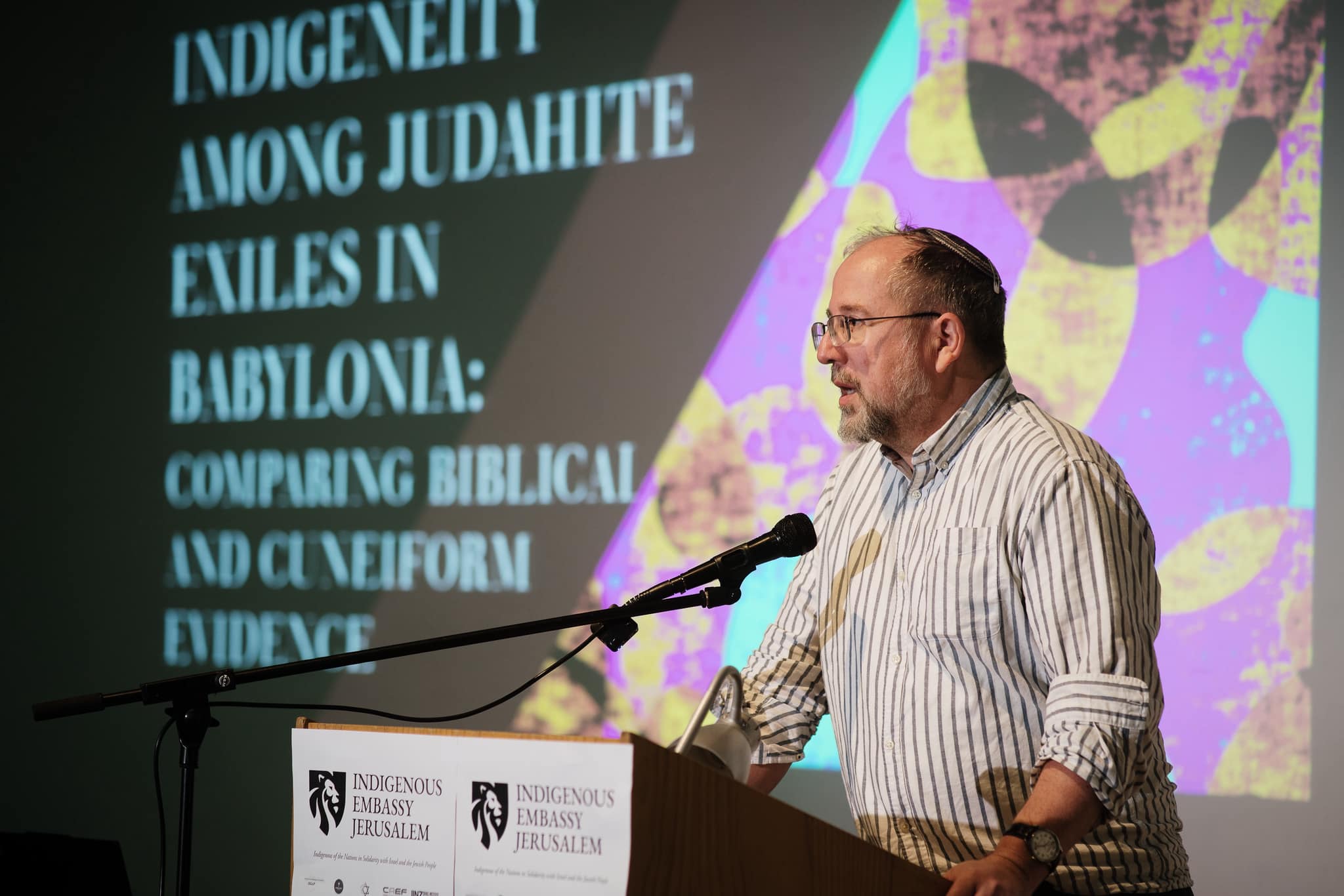
“This is my third week in this land, and every time I come back, I am reminded why I came here in the first place,” she declared. “I did not come for politics. I did not come for religion, but I came for truth because truth recognizes truth.”
“When I stand here in Jerusalem or in Beersheva, by the Sea of Galilee or on the top of Masada, I feel the same heartbeat of Mother Earth. This land, too, holds peoples whose story of connection to land, to exile and return, of survival against all odds, mirrors our own. The Jewish people's truth is written in stone, in scripture, in archeology, in language, just like mine is written in ochre, in songline and ceremony and in country. That is why I came here to honour that truth,” the former senator continued.
Attendees were treated to ten fascinating presentations, including one on how collaboration between Israel and Indigenous island communities is helping to save the Great Barrier Reef, and another on how anthropological work with villagers in Colombia – and their relationship to the Bible – led an Israeli academic to understand the libels of anti-Zionism that deny Jewish indigeneity, and how to confront them.
Expert scholars outlined the biblical evidence that Jewish exiles sought to preserve their connection not only to their culture but also to their land, and during the break, delegates were invited to a tour of the museum’s displays, showing evidence of Jewish yearning to return to their homeland while in Babylonian exile.
The symposium also hosted a special exhibition of Israeli artist, Avraham Vofsi, who made aliyah (immigrated) just months before the cataclysmic events of Oct. 7, 2023. Having immigrated from Australia, where he painted a series of Aboriginal protesters trying to keep the trees of their land, Vofsi brought the same themes of connection between a people, their land, and historical roots, painting some powerful works which combined biblical scenes with the horrors of the Hamas massacre. In the lobby stood a giant work in progress depicting of one of the speakers, Nova Peris, standing on top of the Masada fortress in the Judean desert.
Resisting cultural erasure was a theme that flowed throughout the presentations, as many indigenous people groups have lost language, dress, and traditions through the process of colonization, mirroring the current determination to wipe out all traces of Jewish connection to the land.
Challenging the “settler-colonial” myth that Jewish people are foreign invaders, several lectures explored the history of geographical and personal names as evidence of indigeneity, as well as thoroughly debunking myths such as the Khazar theory and the false claim that there was never a temple in Jerusalem. Exposure of the Muslim Brotherhood’s origins and aims to destroy Israel through infiltrating the West with anti-Zionism provided many in the audience with helpful tools to combat the lies of anti-Israel activists.
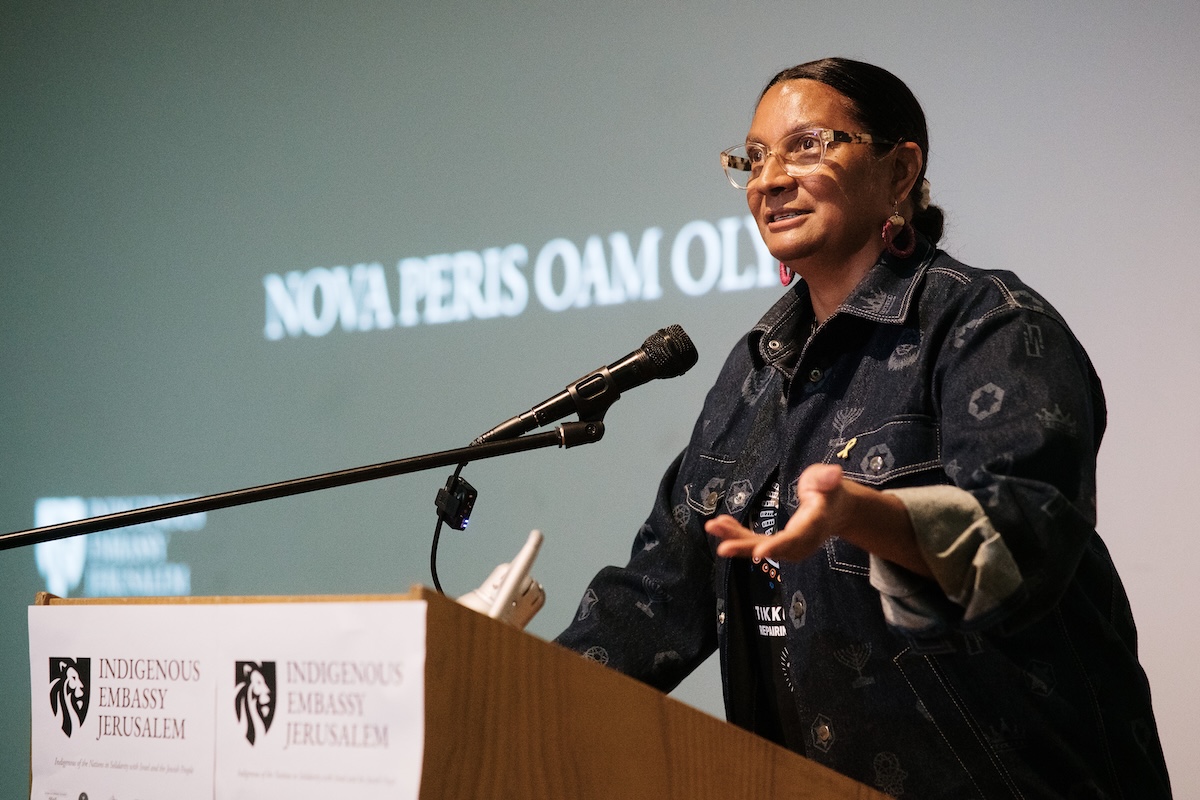
Unlike the concept of “allies” who come alongside perceived victims of oppression, Professor Gillian Gould, who works among First Nations communities in Australia, stated that there is an inherent mutual partnership between Israel and other indigenous peoples, in that the support goes both ways equally.
This idea was well demonstrated by Shelly Bengiat, who explained how Israeli innovation was bringing life to entire communities in the Torres Straits, while Loretta Pele, a resident of the islands, affirmed, “We do share a struggle with our Jewish brothers and sisters. We know about sovereignty, decolonization, about truth-telling. The Torres Straits has a history, and we are able to relate to that, and be part of what God has for us, to support our big brother here in this beautiful land.”
“So this is our song, and I hope that it will give you hope,” Pele continued. “From a little brother, Benjamin, in the Torres Straits to a big brother in Israel. Know that we are listening, and we know this struggle; we share it. But only we have the power through our sharing to change that song.”
Towards the end of the symposium, Dr. Sheree Trotter highlighted the dangers of denying Jewish indigeneity by pointing to a tragedy close to home: “The murder of Yaron Lischinsky and Sarah Milgrim on the streets of Washington, D.C. could arguably be seen as but one example of the pernicious effects of the propagation of settler colonialism’s framing of Israel as an intruder, a foreign colonizing force, oppressing the so-called indigenous people,” she warned. “I would argue that it’s time for a post settler-colonial model to emerge, one that shifts away from presentist, politicized treatments of history, which serve only to fuel anger, keep the so-called colonized in a cycle of grievance, and provide little hope for the future.”
In the Q&A session in the final minutes, Pele suggested that there was hope. She shared her conviction that the way forward was through forgiveness and the healing that can come from it. She offered, “I can only draw from what my people have done: they have forgiven the system, forgiven themselves, and are moving forward.”
For those interested in the Jewish people, the land of Israel, and what it means to be indigenous, this symposium is a valuable and rich event that provided participants with much food for thought, practical encouragement for advocacy, and hope.
Many of the lectures and presenters can be found on the IEJ website.
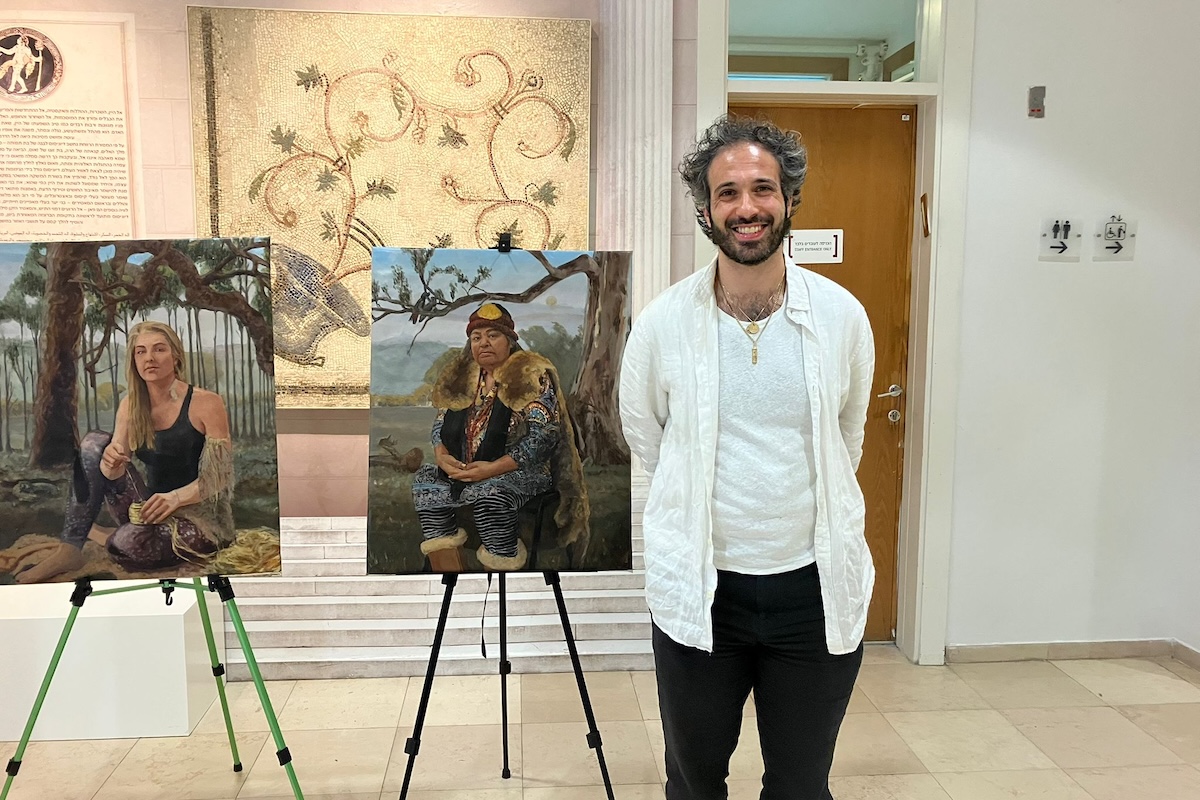
Want to help more people find our reporting from Israel? Leave a quick Google review of our website here.

Jo Elizabeth has a great interest in politics and cultural developments, studying Social Policy for her first degree and gaining a Masters in Jewish Philosophy from Haifa University, but she loves to write about the Bible and its primary subject, the God of Israel. As a writer, Jo spends her time between the UK and Jerusalem, Israel.
You might also like to read this:



